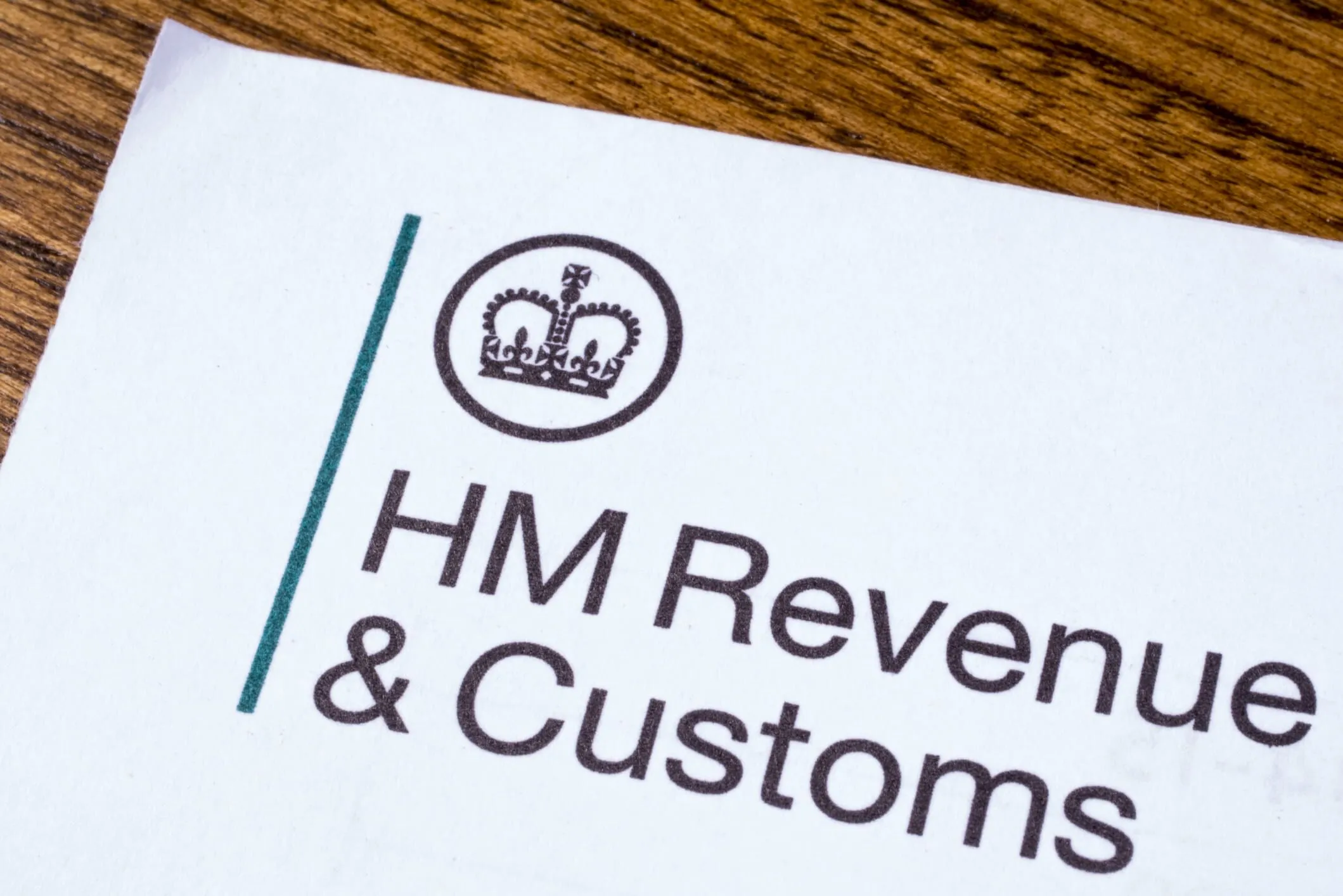Managing Mixed Business and Personal Travel: HMRC Compliance Made Simple

Picture this: You're flying to Edinburgh for a crucial client meeting, but you've decided to extend the trip over the weekend to explore the Scottish Highlands with your partner. Sound familiar? You're not alone—many agency owners are combining business trips with personal time, creating what the travel industry calls "bleisure" travel.
But here's where it gets tricky: HMRC has specific rules about what you can and can't claim as business expenses when your trip mixes work and leisure. Get it wrong, and you could face penalties or lose out on legitimate tax relief. Get it right, and you can maximise your deductions while staying fully compliant.
Let me break down everything you need to know about managing mixed business and personal travel for HMRC compliance.
What HMRC Considers Business vs Personal Travel
Before we dive into mixed trips, let's establish what HMRC actually considers business travel. According to HMRC guidelines, business travel falls into two categories:
- Journeys made in the performance of duties (where travel is part of your job)
- Journeys to temporary workplaces outside your normal commute
The key word here is "temporary." If you're visiting a client, attending a conference, or working at a project site for less than 24 months, this typically qualifies as business travel.
What doesn't qualify? Your regular commute to your permanent workplace. Even if you stop for a business coffee on the way, HMRC won't consider this a deductible business expense.
The "Wholly and Exclusively" Rule
Here's where many agency owners trip up. HMRC requires business expenses to be "wholly and exclusively incurred" for business purposes. This doesn't mean every minute of your trip needs to be work-related, but the business portion must be clearly identifiable and necessary.
For mixed trips, this means you need to separate:
- Business elements: Client meetings, conferences, work-related activities
- Personal elements: Sightseeing, personal meals, leisure activities
Only the business portion can be claimed as a deductible expense.
How to Handle Different Components of Mixed Travel
Transportation Costs
Flights/Train Travel: If your trip has a genuine business purpose, you can typically claim the full cost of getting to and from your business destination—even if you extend your stay for personal reasons. However, if you upgrade your flight class or choose a more expensive route purely for personal convenience, you can only claim what the business journey would have cost.
Local Transportation:
- Business activities: Fully deductible (airport to hotel for business, client meetings, work events)
- Personal activities: Not deductible (tourist attractions, personal dining, leisure travel)
Accommodation
This is where documentation becomes crucial. You can claim accommodation costs for nights when you're in the location for business purposes. Personal nights are not deductible.
Best Practice: If you're staying at the same hotel throughout, calculate the business portion based on the number of business nights vs. total nights.
Meals and Subsistence
HMRC has specific rates for meal allowances during business travel. For mixed trips:
- Business days: Use HMRC's standard meal allowance rates or actual costs (whichever is more beneficial)
- Personal days: Not deductible
- Mixed days: Only business meals are deductible (client dinners, business lunches)
Remember: Entertainment expenses (like taking a client to dinner) have different rules and may only be partially deductible.

Essential Documentation Requirements
Proper documentation is your best defence against HMRC challenges. For mixed business and personal travel, you need:
Before You Travel
- Business justification: Clear reason for the business portion of your trip
- Itinerary: Detailed schedule showing business vs. personal activities
- Approval: Internal approval if required by company policy
During Your Trip
- All receipts: Transportation, accommodation, meals, incidentals
- Business diary: Record of meetings, attendees, business purpose
- Expense log: Daily breakdown of business vs. personal costs
After You Return
- Expense report: Clear separation of business and personal elements
- Supporting documentation: Meeting notes, business cards collected, follow-up emails
Strategies for Maximising Legitimate Deductions
1. Plan Business Activities Well
If you're planning personal travel to a location, see if you can schedule legitimate business activities there:
- Client visits in the area
- Industry events or conferences
- Partner meetings or site visits
2. Separate Business and Personal Bookings
Where possible, book business and personal portions separately. This makes expense allocation much clearer.
3. Use HMRC's Standard Rates
For meals and incidentals, HMRC's standard rates often provide better value than claiming actual costs, especially in expensive locations.
4. Consider Timing
The timing of your travel can affect deductibility:
- Travelling on business days vs. weekends
- Extending an existing business trip vs. adding business to a personal trip
5. Document Business Outcomes
Keep records of business value generated from your trip:
- New client contracts
- Partnership agreements
- Market research gathered
Business and Personal Travel
Mixed business and personal travel doesn't have to be a compliance nightmare. With proper planning, meticulous documentation, and clear separation of business and personal elements, you can enjoy the benefits of bleisure travel while maximising your legitimate tax deductions.
The key is being honest, thorough, and consistent in your approach. HMRC's rules are designed to ensure only genuine business costs receive tax relief.
Remember: when in doubt, err on the side of caution and seek professional advice. The cost of proper guidance is usually far less than the cost of getting it wrong.
Need help optimising your travel expense strategy?
Our team specialises in helping agencies navigate complex tax situations while maximising legitimate deductions.
We can review your current approach and ensure you're fully compliant with HMRC requirements while claiming everything you're entitled to.



